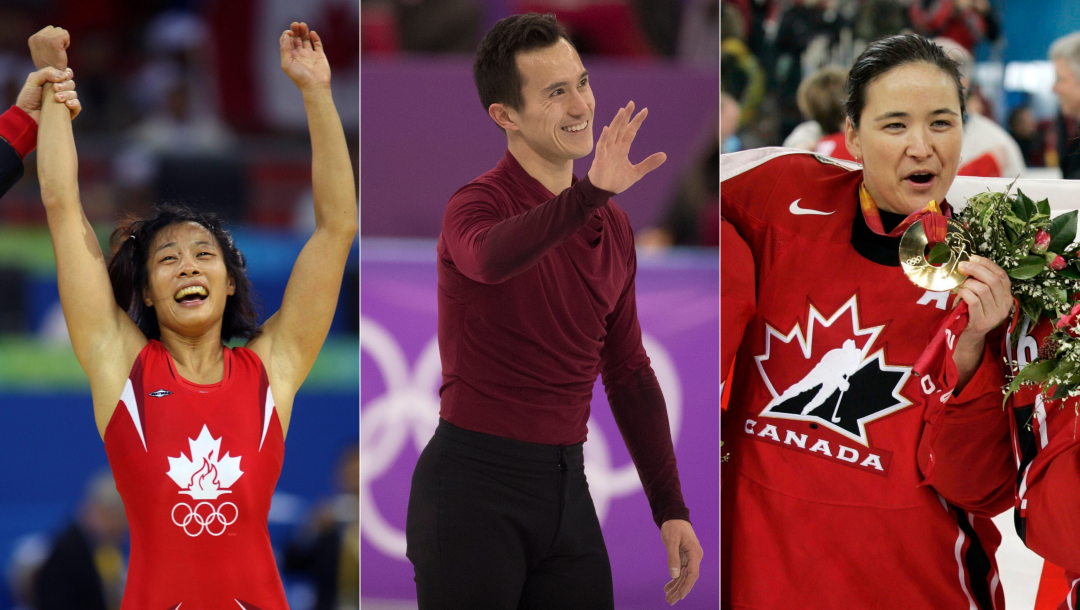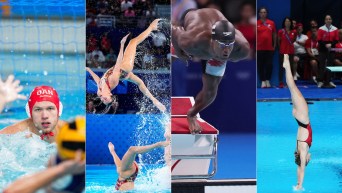Team Canada celebrates Asian-Canadian Olympians
May is Asian Heritage Month in Canada. It has been officially designated as such since 2002.
This month serves as an opportunity for everyone to learn more about the achievements and contributions of Canadians of Asian heritage. It’s also a reminder for all Canadians to come together to combat anti-Asian racism and discrimination in all its forms.
There are many languages, ethnicities, and traditions from this vast region of the world that have enriched our country’s cultural landscape. That includes the world of sport and we have seen many athletes of Asian heritage represent Team Canada at the Olympic Games.
Here are just a few of the Asian-Canadian athletes who have made us all so proud over the years.
Carol Huynh
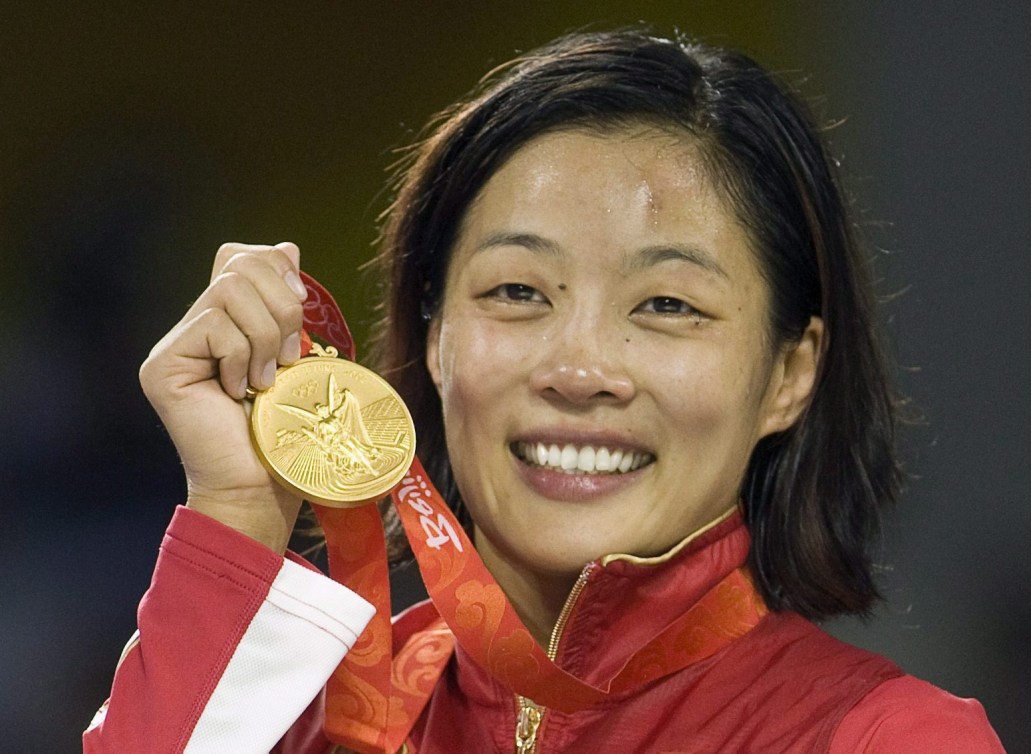
Carol Huynh was born in Hazelton, British Columbia as the middle child of five siblings. She was the first member of her ethnic Chinese family born in Canada after they immigrated from Vietnam as refugees. Introduced to wrestling by a high school coach, Huynh reached the podium in both of her Olympic appearances.
At Beijing 2008, Huynh won the gold medal in the women’s 48kg event. It was Canada’s first gold of the Games and the country’s first ever Olympic gold in women’s wrestling. No one could be untouched by the emotion she showed as the national anthem played. She went on to win bronze at London 2012, adding to her resumé that includes two gold medals at the Pan American Games and four world championship medals.
Huynh has been a vocal supporter for her sport’s continued inclusion on the Olympic program. She was inducted to the United World Wrestling Hall of Fame in 2013 and served as Team Canada’s assistant Chef de Mission at Rio 2016. After being the NextGen coach in Calgary for Wrestling Canada, she is now coaching for the University of Calgary Dinos.
READ: Where Are They Now? Carol Huynh
Crispin Duenas
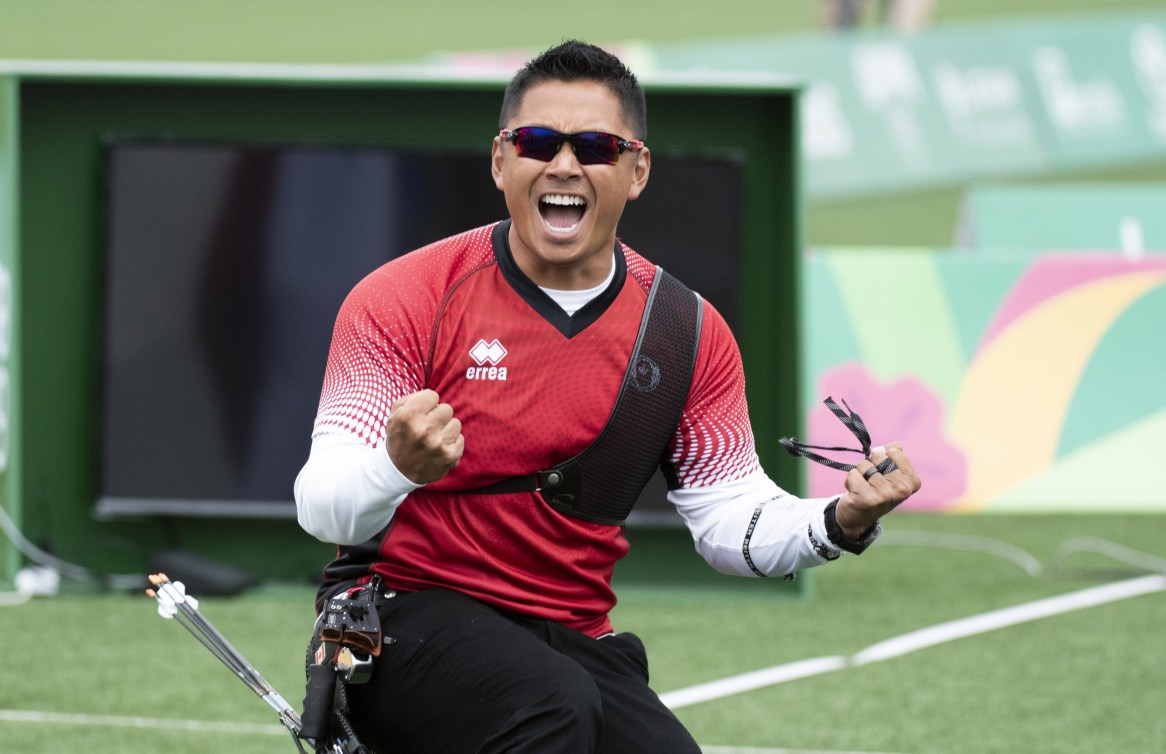
Crispin Duenas was born in Toronto after his parents had immigrated from the Philippines. Since first picking up a bow and arrow when he was 13, he has earned his place in the Canadian archery history books.
In 2013, Duenas won bronze at the World Archery Championships for Canada’s first world medal in the individual recurve event in more than four decades. A four-time Olympian, he tied for ninth at Tokyo 2020, Canada’s best result in any Olympic archery tournament sine 1976. In 2019, Duenas was a double gold medallist at the Pan American Games.
Outside of sport, Duenas influences the next generation of Canadians as a high school math and physics teacher.
Gilmore Junio
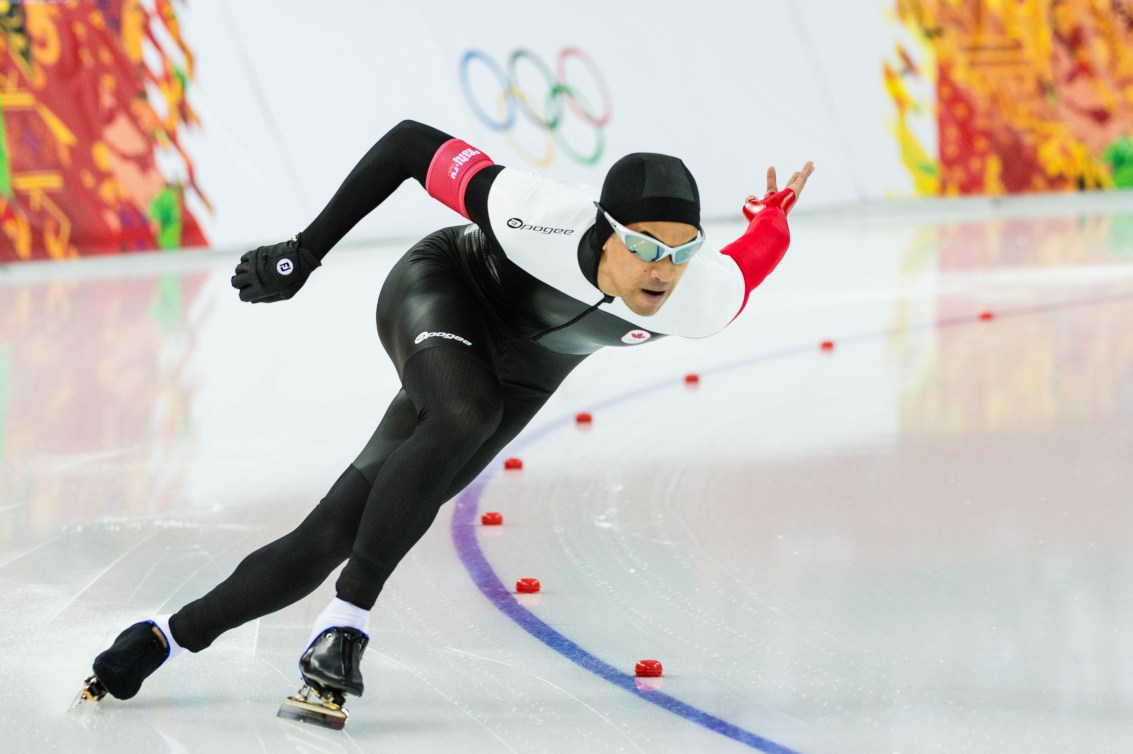
Gilmore Junio was born in Calgary to parents who both hailed from the Philippines. His dad sewed him his first speed skating skin suit after he decided to try the sport when he was 13.
Now a three-time Olympian, Junio won multiple World Cup medals over the course of his career. He earned his greatest international acclaim for his remarkable display of sportsmanship at Sochi 2014 when he gave his spot in the 1000m to teammate Denny Morrison. His friend went on to win the Olympic silver medal in the event. A few months later, Junio received his own commemorative medal, a result of crowd funding by Canadians who wanted Junio to have a memento of his momentous decision.
Lori Fung
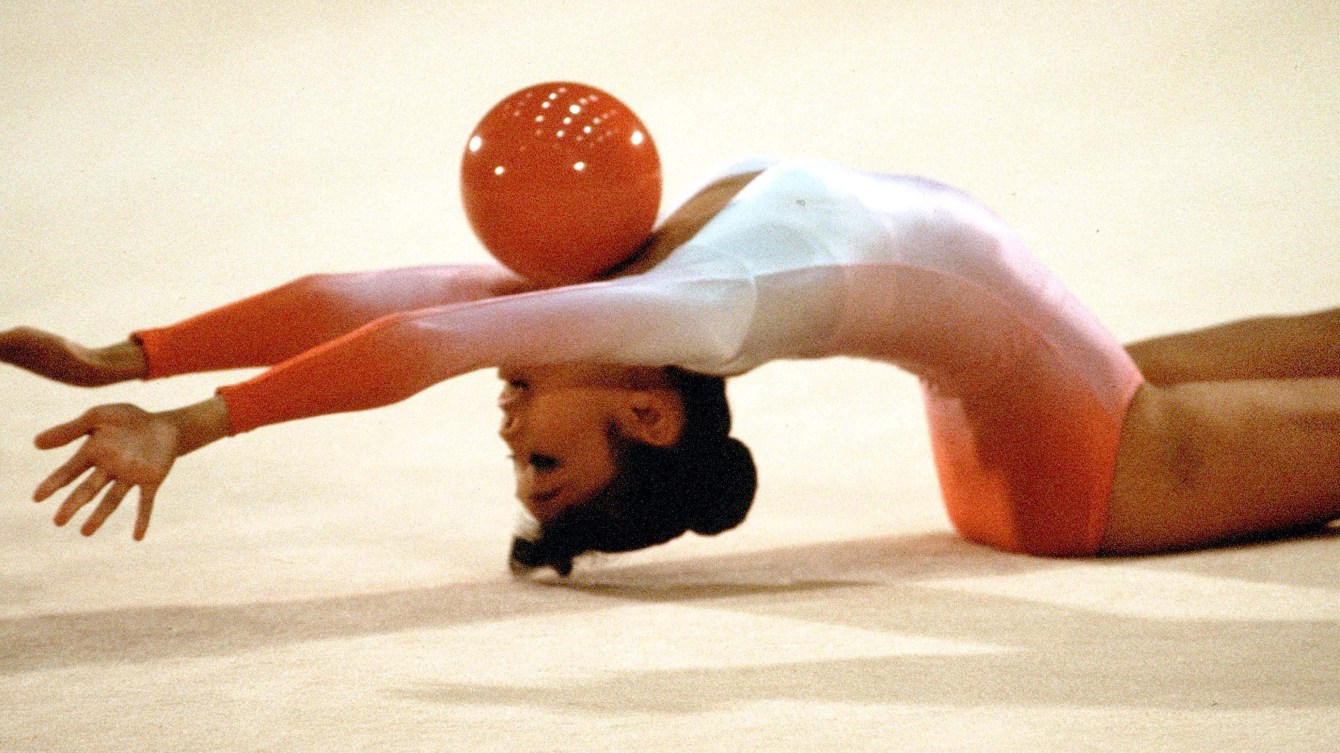
Born and raised in Vancouver, Lori Fung will always have her place in the Olympic history books. At Los Angeles 1984, she became the first ever Olympic champion in rhythmic gymnastics as the sport was included on the program for the very first time. She was a true trailblazer in her sport, which had a very low profile in Canada when her natural talent was noticed by a teacher when she was 13.
Unfortunately, Fung never got the opportunity to defend her Olympic title. En route to the 1987 World Championships, she ended up with appendicitis and had to undergo surgery. Lingering effects of that as well as other illness led to her early retirement.
Nathan Hirayama
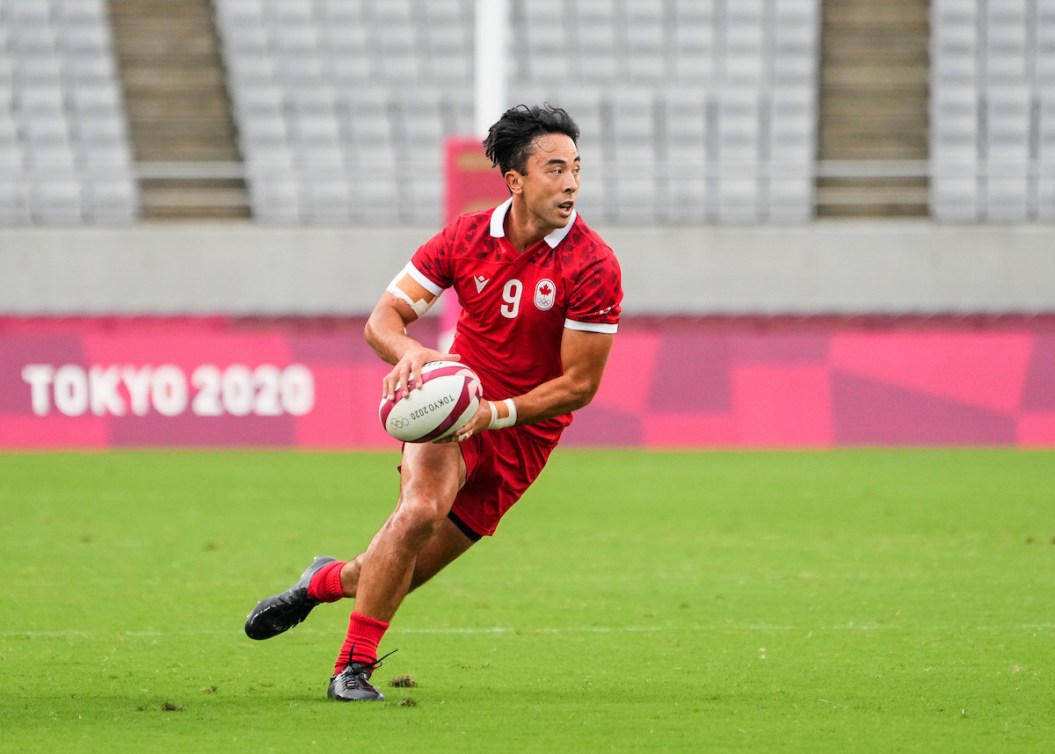
Born and raised in Richmond, B.C., Nathan Hirayama is a second-generation rugby player. He made his Olympic debut at Tokyo 2020 where he was the co-captain of the Canadian men’s national team and shared the honour of being Team Canada’s Opening Ceremony flag bearer.
When he announced his retirement following his Olympic experience, Hirayama ranked third in all-time scoring in the World Rugby Sevens Series.
Pamela Rai
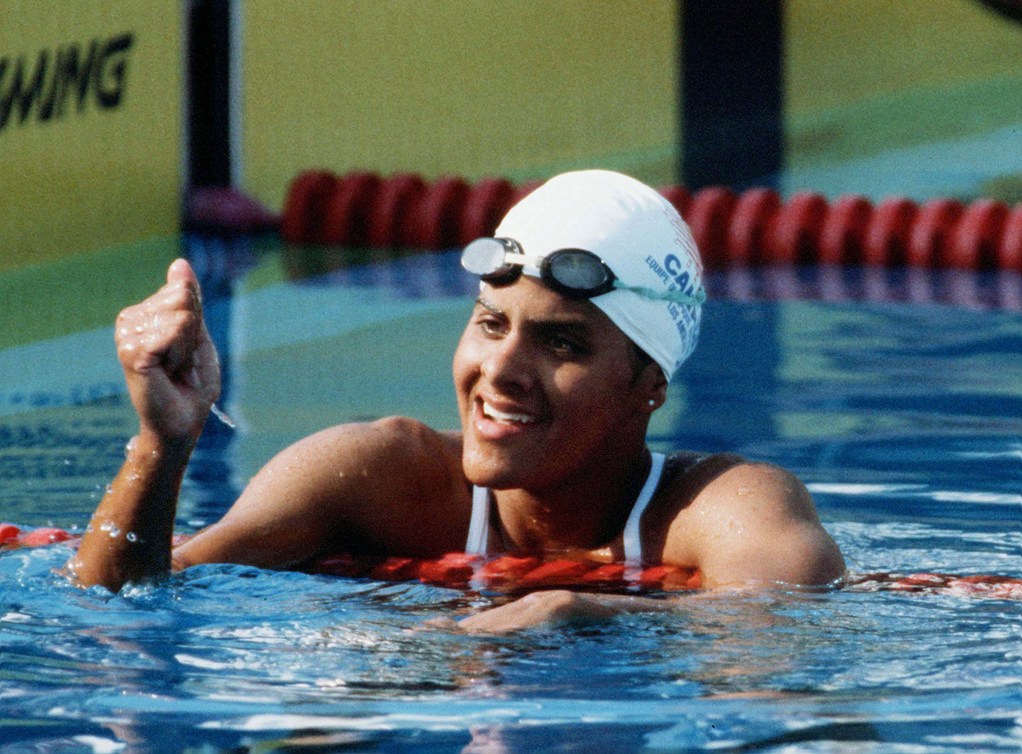
Pamela Rai achieved the Olympic dream her father was denied. At just 18 years old, Rai won bronze with Canada’s 4x100m medley relay team at Los Angeles 1984. She was also a medallist at the 1983 Pan American Games and 1986 Commonwealth Games. That success could be partially credited to her father, Harinder, who built a swimming pool in the family backyard in Delta, B.C.
In the 1960s, Harinder – who had immigrated from India as an orphan in 1947 — was one of Canada’s top field hockey players. He scored Canada’s first ever international goal in Canada’s first ever international match in 1962. He also helped Canada qualify for the 1964 Olympic field hockey tournament – a first for the country. But before the Games began, Harinder was removed from the national team with no official explanation given, a decision likely rooted in racism, as Rai told the BC Sports Hall of Fame. He went on to devote himself to ensuring his children would have more positive sporting experiences.
Sadly, her father never got to see Rai compete at the Olympics as he passed away in April 1984. But with her success, Rai became a role model for female South Asian athletes who would follow.
Patrick Chan
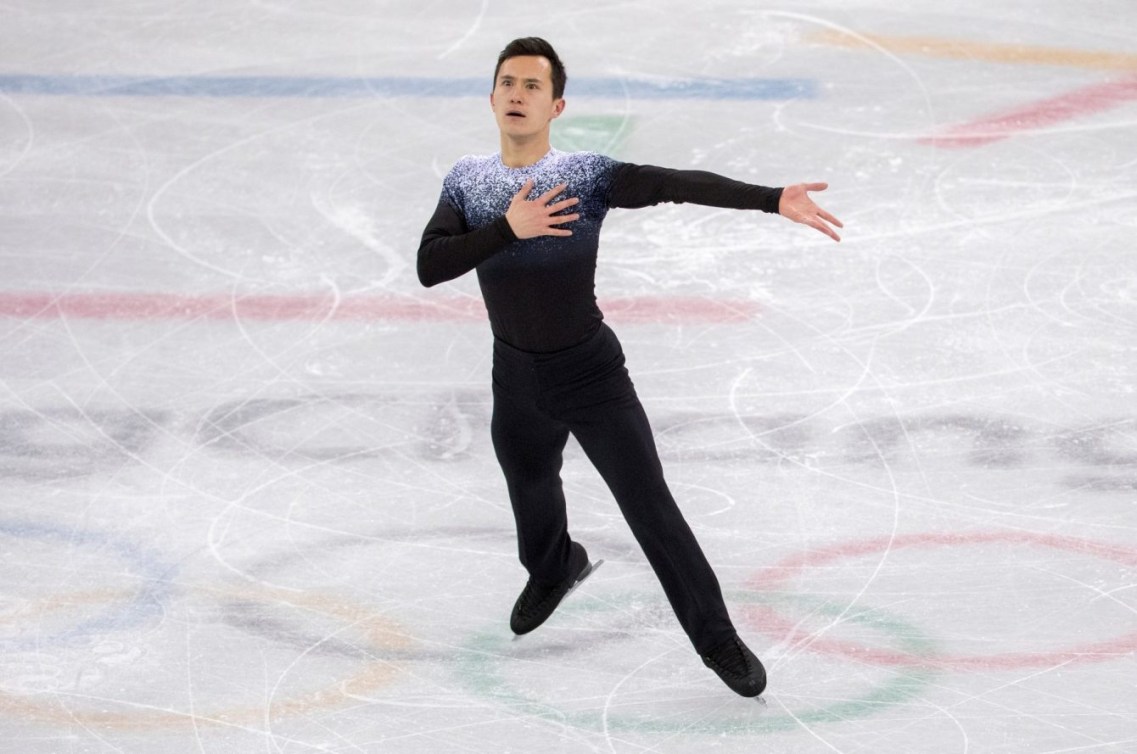
Patrick Chan was born in Ottawa to Chinese parents who immigrated separately from Hong Kong. After first putting on a pair of skates when he was five, he has gone on to become Canada’s most decorated male figure skater.
Chan won a record 10 national titles in men’s singles, is a three-time world champion, and a three-time Olympic medallist. That includes a gold medal in the team event at PyeongChang 2018 and a silver medal in the men’s event at Sochi 2014. In 2011, he was named Canada’s Athlete of the Year. Chan became internationally renowned for his musicality and the way he covered the ice while performing extremely difficult footwork.
Since retiring from competitive figure skating in 2018, Chan has become a coach and a father. He’s also helped shape Skate Canada’s Commitment to Equity, Diversity, and Inclusion and is a member of the organization’s EDI Working Group.
Skylar Park
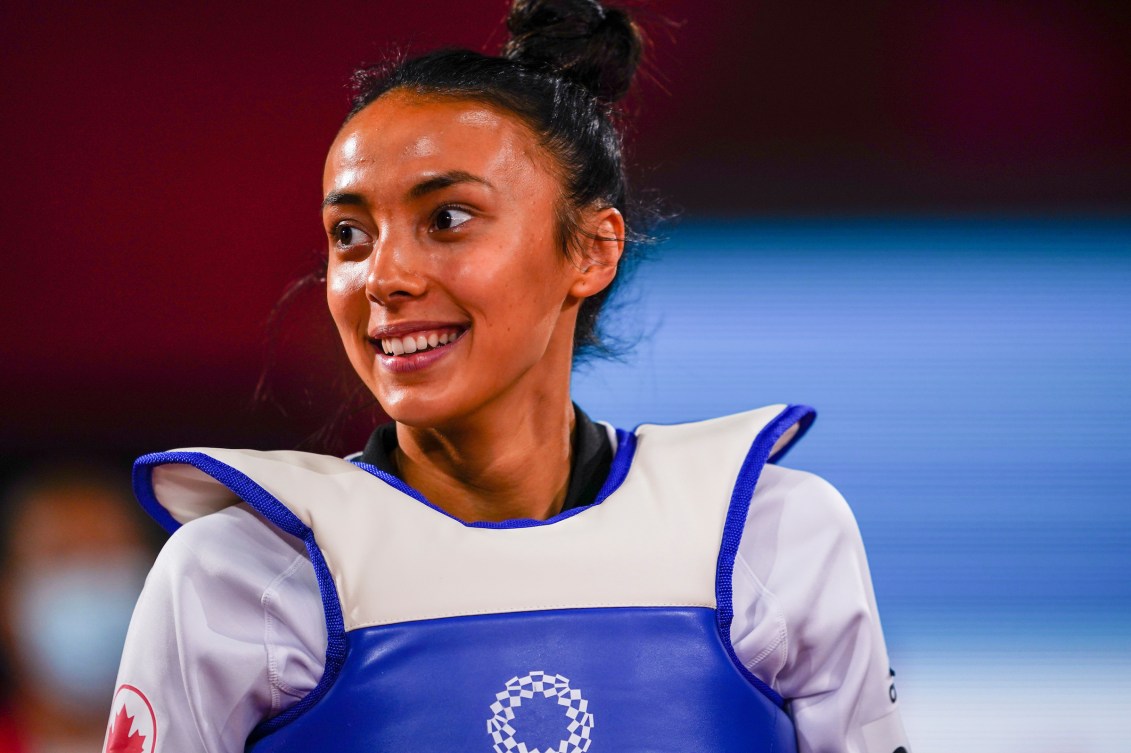
Skylar Park was born into a taekwondo family in Winnipeg that counts 16 members who are black belts. Her father, Jae, and grandfather, Deuk, were both immigrants from Korea, the birthplace of the martial art. In 1993, they opened their own taekwondo school where Park was on the mats from the time she could crawl.
A gold medallist at the 2016 World Junior Championships, Park won bronze at the senior world championships in 2019. She was a silver medallist at the 2019 Pan American Games before making her Olympic debut at Tokyo 2020. In 2022, she won her third straight gold medal at the Pan American Championships. That year, she also won three World Taekwondo Grand Prix bronze medals, including at the Grand Prix Final in Riyadh.
At the Santiago 2023 Pan American Games Park improved her placing, this time securing the gold medal in the women’s 57kg class. Her victory came one day after her younger brother, Tae-Ku Park, took bronze in the men’s 68kg class. Her other younger brother, Braven Park, also represented Canada at Santiago 2023.
Park is qualified to be nominated to Team Canada for the Paris 2024 Olympic Games, where she will seek to improve upon her result from Tokyo 2020, where she reached the quarterfinals.
Vicky Sunohara
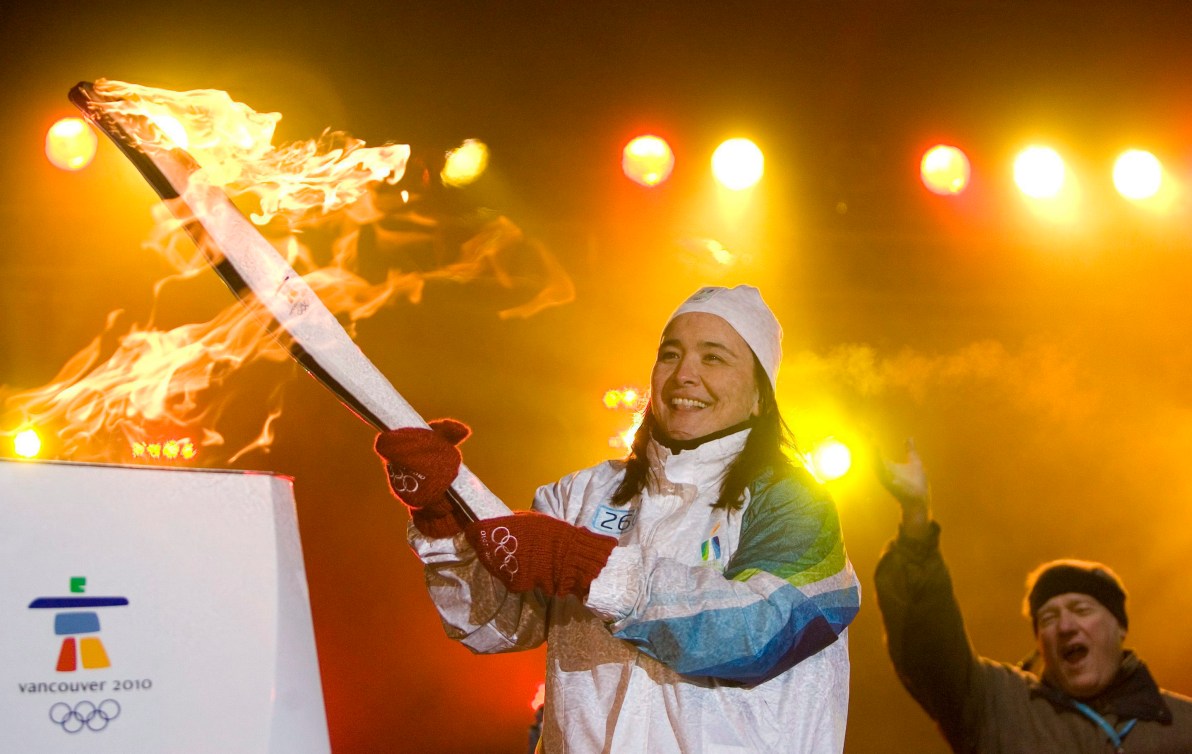
Vicky Sunohara was introduced to hockey in the family basement and then backyard by her father David, who had played in university. Though he passed away when she was seven, she carried his passion for the game to the highest level. Her mother encouraged her to learn about her Japanese heritage and she was proud to represent the long lineage of the Sunohara family at three Olympic Games and eight IIHF Women’s World Championships.
Sunohara ended her playing career with two Olympic gold medals to go with one silver. She is also a seven-time world champion. In 2022-23 she finished her 12th season as the head coach of the University of Toronto Varsity Blues women’s hockey team.
Alannah Yip
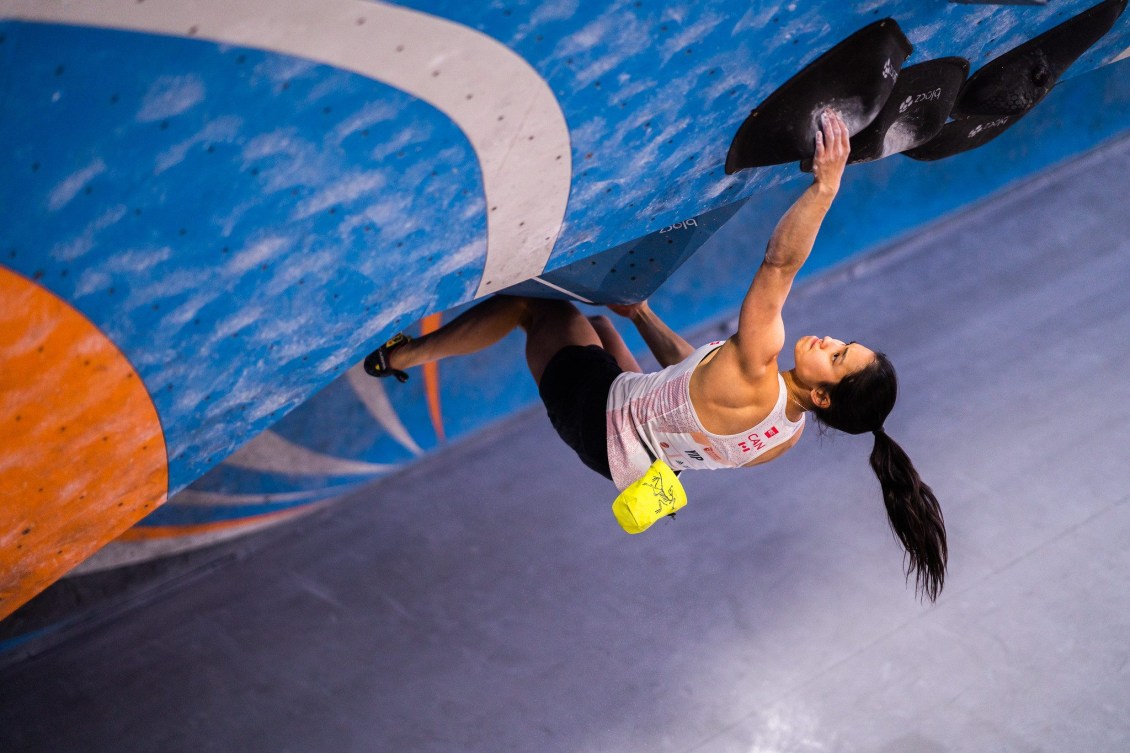
Alannah Yip first started climbing at the age of 6 and began competing at the age of 10. She was drawn to the sport as both a mental and physical challenge.
Yip was one of Canada’s first Olympic climbers–both Yip and the sport made their debut at the Tokyo 2020 Games. During the games, Yip set a Canadian record of 7.99 in the speed climbing event and placed fourteenth overall.
At the Santiago 2023 Pan Am Games, Yip made history by snagging Canada’s first-ever sport climbing medal at a major games, winning bronze in the women’s boulder and lead combined event.
Yip is proud to be descended from Won Alexander Cumyow, the first Canadian-born Chinese person, who advocated for the Chinese-Canadian rights and against racism throughout his life.

